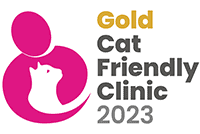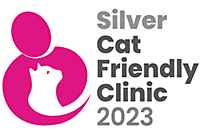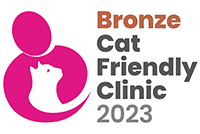A patient care assistant works alongside and supports the whole practice team to achieve the highest standards of patient care. Under the direction and supervision of a veterinary surgeon or registered veterinary nurse (RVN) they will assist with monitoring of inpatients, infection control and handling animals safely for procedures such as injections, blood samples, bandage changes and nail clipping.
Grooming and exercise will often be carried out by a patient care assistant, so having a good knowledge of animal husbandry and the differing needs of various species and breeds is necessary.
PCAs are also responsible for maintaining patient accommodation, surgical theatres and treatment rooms, ensuring the highest standards for colleagues, patients and clients.
As and when required PCAs may be called on to help with front-of-house duties such as answering telephones, booking appointments and greeting pets and their owners.
Becoming a PCA
There are no specific qualifications required to work as a PCA, although some candidates will have completed or be studying towards a vocational qualification. Individuals must be able to work as part of a team, accept instruction, be friendly and helpful and have good communication skills. A love of animals and a people-focused attitude are both essential.
Demand is high for these roles, as the experience they provide offers those who would like to take it, a pathway to becoming a student veterinary nurse (SVN) and working towards becoming a qualified RVN.











